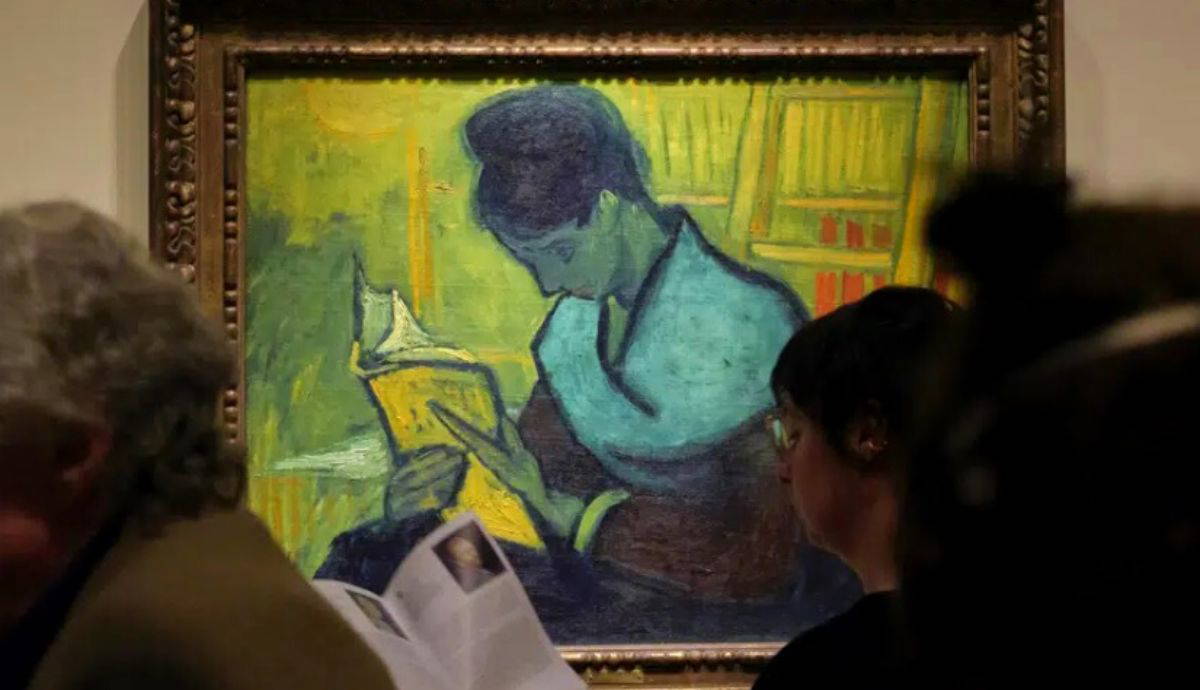
Brazilian collector’s lawsuit did not give the expected results. Collector Gustavo Soter filed a lawsuit on the basis that he acquired Van Gogh‘s painting seven years ago, for a little less than four million. Through his attorneys, he also said he wasn’t able to locate it after giving it to a third party. Soter expected to get the painting back, but the Detroit judge thought differently.
Brazilian Collector’s Lawsuit: The judge Says the Museum is Blameless

In making his decision, the judge referred to federal law. The law states the judge can’t intervene in a dispute between a Brazilian collector and a Detroit museum. There is a safeguard on the painting of a woman with a book, titled “The Novel Reader”. “The Detroit Institute of Arts can’t be ordered to give it up”, U.S. District Judge George Caram Steeh said.
The museum has a loan of so many Van Gogh‘s artworks. This particular painting’s exhibition lasted for a month, and it ended today (Sunday). Soter’s advocates come from the Brokerarte Capital Partners LLC. Their goal was to win the lawsuit and get the painting back from the museum.

The museum never revealed how they got the painting for the exhibition. They only publicly stated it came from Brazil. On the other hand, Steer says the museum is not to blame. The judge noted that federal law protects the temporary sharing of international art or works of cultural significance. The museum also took this defense.
Soter’s Lawsuit as a negative impact on cross-cultural interactions?

Steeh also said this lawsuit, if decided otherwise, could cause a negative impact on cross-cultural interactions. Before making the claim that an item is free from seizure, an institution must first satisfy the burden of proof in court. The proof needs to state that the foreign lender had the legal authority to loan the item.
“The Novel Reader Painting” is a true example of Post-Impressionism. Vincent Van Gogh created the painting in 1888 around mid-November in Arles. He mostly worked on the model and that was his constant practice. Because of that, the common belief is this painting was his experimental piece of work.

He painted this figure from his imagination, and if he based her on someone he knew, we don’t know her identity. Vincent mentions his houseguest, Paul Gauguin, adding that Gauguin “strongly encourages me to work often from pure imagination.” As someone who preferred to base his pictures in something tangible, even if he altered reality in the end, Vincent found this technique “de tête” a challenge.










